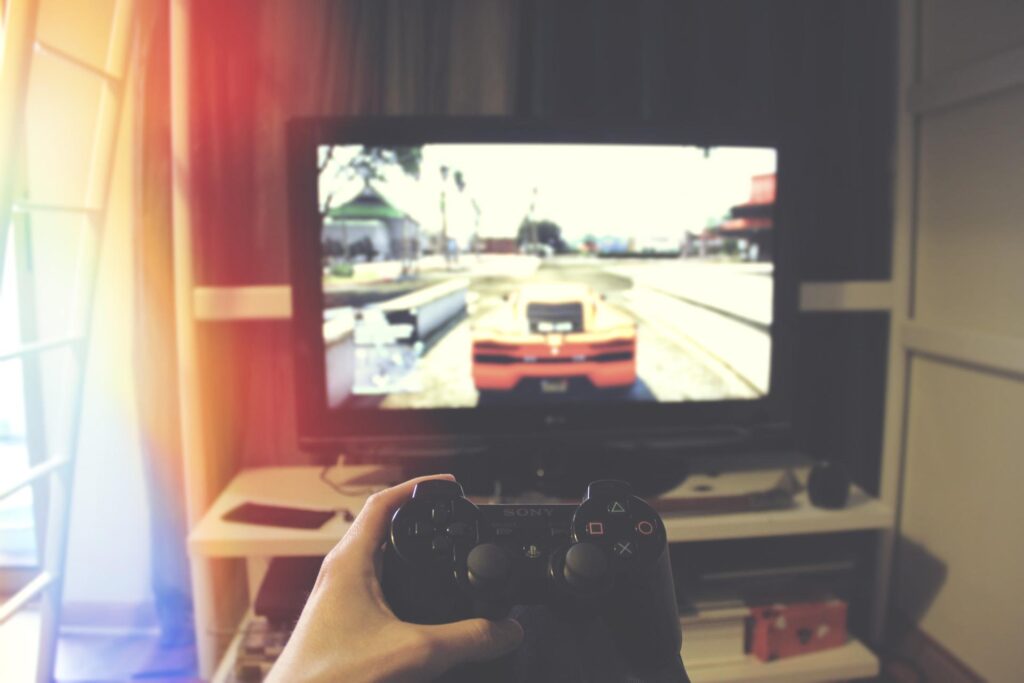In recent years video games have taken the world by storm. A new form of entertainment that remains popular with a wide variety of people, from children to adults, and even those in later life. Video games are also increasingly being used as psychological therapy for patients suffering from conditions like PTSD. However, many people still have misconceptions about video gaming, especially at what age a person should begin playing. Read this article to find out more!
What Is The Psychology Behind Video Games?
The psychology behind video games is an interesting topic that can be analyzed in a variety of ways. Some people believe that video games have the ability to relax and entertain people, while others see them as an addiction with negative consequences. Regardless of your opinion, it’s important to understand the psychology behind gaming so that you can optimize your experience. In this blog post, we will explore some key points about the psychology of video gaming and how you can use this knowledge to improve your gaming experience.
The first thing to understand is that video games are not simply mindless entertainment. They are designed to evoke a certain response in players, and that response is often related to emotions. For example, many video games are designed to be exciting and engaging. This means that the player’s goal is constantly pushing them forward, which can create a sense of excitement and urgency. In contrast, other video games are designed to be calming and relaxing. This means that the player’s goal is less urgent and the game is more focused on storytelling.
Based on these reactions, it’s clear that video games can have a significant impact on players’ emotions. In fact, research has shown that
How Video Games Affect The Brain
There’s no doubt that video gaming has a powerful effect on the brain. In fact, it’s been classified as an “addictive behavior” by some experts. So what exactly is going on inside our heads when we play video games?
There are a few key reasons why gaming can have such a positive impact on your mental health. For starters, video gaming can help you relieve stress and anxiety. It can also improve your focus and concentration, which can be helpful if you have difficulty paying attention in school or work. And last but not least, gaming can provide you with hours of fun and entertainment – which is definitely something to celebrate!
So if you’re looking to increase your mental health benefits from video gaming, make sure to stick to games that are rated “E for Everyone” by the ESRB. This will ensure that the game is safe for all ages and won’t contain any inappropriate content.
How Video Game Addiction Works
If you’re like most people, playing video games is a big part of your life. But how does playing video games affect our psychology? And how can we maximize our gaming experience to get the most out of it?
First, let’s take a look at what video game addiction is. According to the American Psychological Association, video game addiction is “a pattern of persistent and recurrent gaming that has negative consequences for the individual.” This can include things like decreased productivity at work or in other activities, increased sleep problems, and more.
So how does video game addiction work? According to some experts, it’s not just about the fun of the game itself – it’s also about the social aspect of gaming. When we play video games with others, we often feel a sense of togetherness and connection. It can be a way to relax after a long day or to share experiences with friends.
But for some people, this sense of connection can become too strong. Instead of focusing on the game itself, these individuals become consumed by their gaming experience. They may start to neglect their personal life in order to stay up all night playing video games or become so focused
How To Combat Video Game Addiction
If you’re like most people, you probably spend hours each week playing video games. But is that really such a good thing?
There’s no doubt that video gaming can be a fun and enjoyable activity, but it can also have negative consequences if it becomes an addiction. If you’re concerned about your video gaming habits, here are five tips to help you combat video game addiction:
1. Set realistic goals. Don’t try to quit all of your video gaming in one go — that’s not going to happen. Instead, set small goals that you can achieve over time. For example, try to play for an hour each day instead of spending all night playing video games.
2. De-stress yourself. Too much video gaming can lead to anxiety and other mental health problems. Try to find other ways to de-stress (exercise, talk with friends, etc.) so that you don’t become too consumed by video gaming.
3. Be mindful of how you’re using video games. If you’re playing for long periods of time without any breaks, that can be a sign that you’re addicted
Conclusion
As a gamer, you probably spend hours each day immersed in the virtual world. To get the most out of your gaming experience, it’s important to understand how psychology affects your play. In this article, we’ll explore some of the key psychological factors that can impact your gaming experience and suggest ways to optimize them for maximum enjoyment. Thanks for reading!

